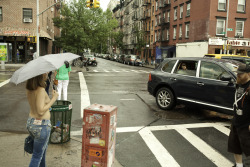Republican vs. Democrat
People who tend to vote Republican or Democrat, if gotten into a respectful exchange, will admit their frustration with leaders on both sides and the government in general. Republicans may believe the quality of candidates is pretty close to the same, but they prefer the one promising to do less via government. They trust individuals and business as more efficient. Democrats believe government defends people, rather than special interests (aka, corporate interests).
People who identify as Republican have certain core aggravations with government programs that seem to reward what feels to them like laziness, e.g., “entitlements,” which even by the name sound unearned; and debt spending, which seems to them irresponsible.
Republicans are obstinant about notions of government size, spending and efficiency that do not stand up to the historical statistics, which show deficits, taxes, and efficiency improvements as better under Democratic Administrations. Assuming that the Republican arguments are not trying to mislead based on pure deception, there must be something that is not being well-enough defined in the Republican argument.
Democrats are not doing a good job at convincing the public that they are pro-business, pro-efficient government, and pro-fiscal responsibility. Democrats are not especially liberal — just ask any Green Party member or other liberal. Continue reading “What I’ve learned from the 2012 Election and Its Convergence with Hurricane Sandy”

 This spring, I posted
This spring, I posted 
